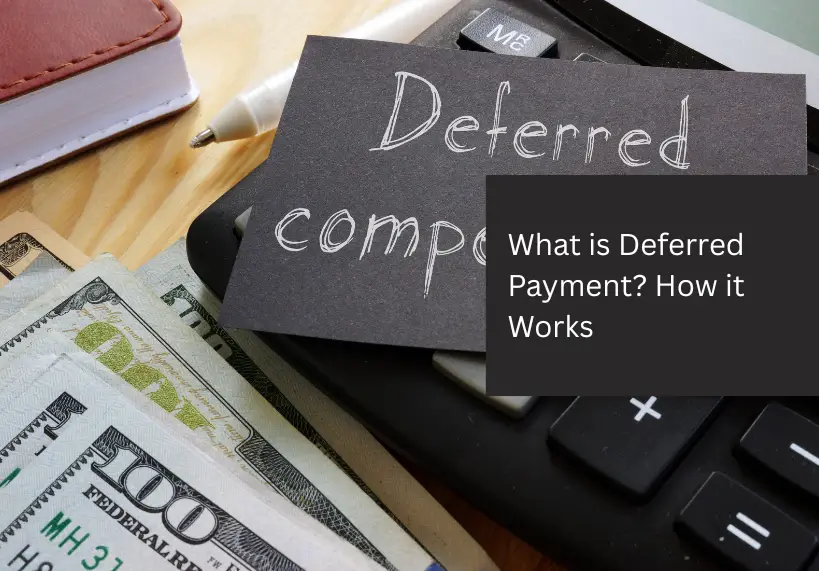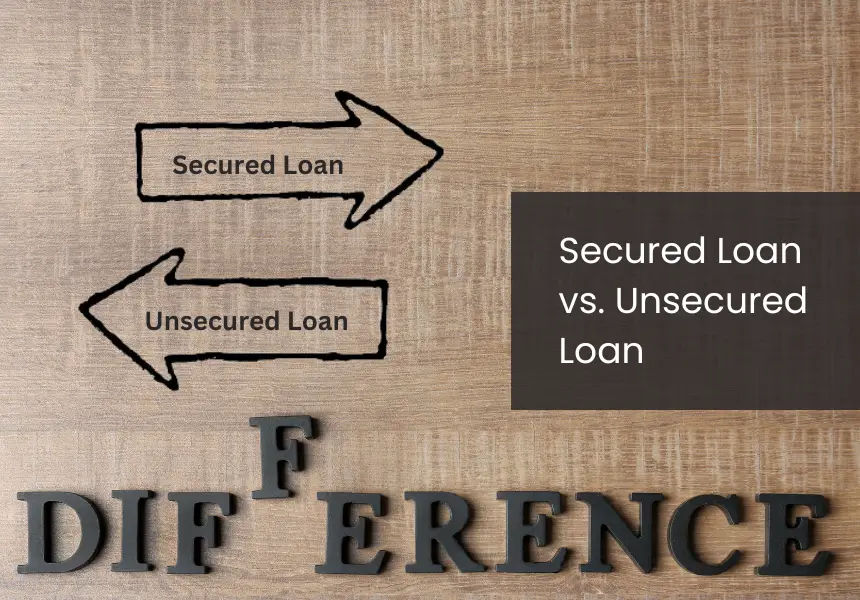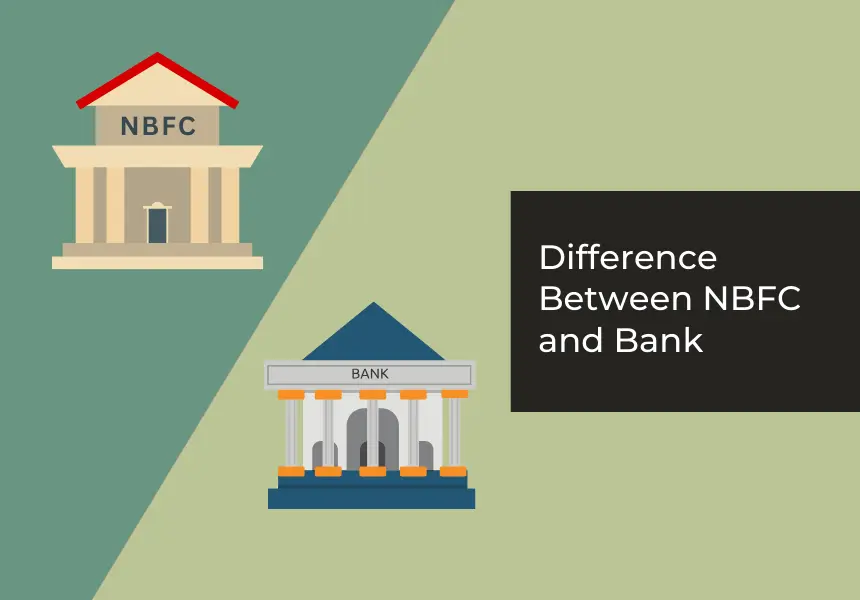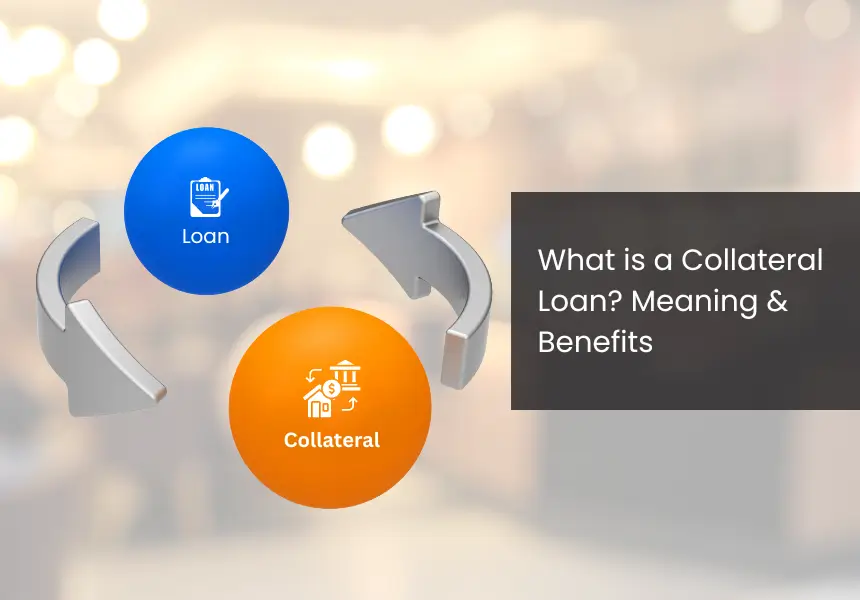
Have you ever come across the term deferred payment and wondered how it actually works? Many people hear about it in loans, credit card bills, or even while buying big-ticket items, but are unsure of its real meaning. In simple words, a deferred payment allows you to buy or borrow today and pay later, making it easier to manage your finances in the short term.
If you want to understand the deferred payment meaning, how it works, its advantages, and see some real-life examples, keep reading this article.
What is a Deferred Payment?
A deferred payment is when you don’t pay for a purchase immediately, but agree to settle the amount later. So, instead of making a full upfront payment, the cost is spread out and repaid in installments over time. This gives flexibility and breathing space to individuals and businesses and helps them manage money more efficiently.
Business owners and entrepreneurs, in particular, find deferred payments useful for maintaining cash flow and keeping expenses under control. They are commonly applied in financial products such as loans, mortgages, retirement plans, etc. By spreading costs, people and organisations can handle their finances better and allocate resources wisely.
How Does a Deferred Payment Work?
When you opt for a deferred payment, it means you are putting your repayments on hold for a fixed time. In this period, you don’t have to pay any installments, which can be helpful if you’re facing a cash crunch. However, depending on the rules of your lender and your loan agreement, you will usually be charged interest during this break, even though installments are on hold.
This interest either gets added to the loan balance or extends the overall loan tenure. Once the deferred period ends, your repayments resume, but the overall loan duration often gets extended since the skipped months are added to the end. This makes it important to read the terms carefully so you know how it will affect the total cost of your loan.
Key Advantages of Deferred Payments
Deferred payments can be a useful financial tool when managed wisely. They offer flexibility and breathing space during times when immediate repayment is difficult. Here are some of the main benefits:
1. Short-Term Relief from Financial Pressure
One of the biggest advantages of a deferred payment is that it allows you to postpone your installments for a fixed period. This break can be extremely helpful if you’re dealing with unexpected expenses such as medical bills, job loss, or sudden home repairs. It provides short-term relief and prevents unnecessary stress.
2. Better Cash Flow Management
A big part of the deferred payment’s meaning refers to better cash flow. When repayments are put on hold, you have more money to manage important expenses or unexpected needs. For businesses, this option is especially useful as it helps them handle operating costs without affecting daily activities.
3. Helps Avoid Defaults
Missing payments can affect your credit score. With a deferred payment, the pause is officially approved by your lender, so you won’t be treated as a defaulter. This makes it a much safer choice than skipping payments on your own.
4. Flexibility in Repayment
For many borrowers, flexibility is the most important factor. What is deferred payment if not a way to buy more time without financial penalties? Once the deferred period ends, you can return to your repayment schedule as agreed, without losing credibility with the lender.
5. Easier Financial Planning
A deferred payment gives you the opportunity to reassess your budget and plan your expenses more effectively. Whether it’s restructuring your finances, clearing urgent dues, or building an emergency fund, the breathing space can support better financial decisions.
6. Useful for Big Purchases
Deferred payment is also common when buying big-ticket items like appliances or furniture. Rather than covering the entire cost at once, you can break it into smaller payments over time, making the purchase more affordable and easier on your monthly budget.
Deferred Payment Examples
Here are a few common deferred payment example scenarios across different types of loans and credit products:
Car Loans
Some auto loan providers offer deferred payment plans that allow borrowers to postpone their first payment. This can be useful for individuals who need time to gather funds before beginning their monthly installments.
Credit Cards
Certain credit card companies allow you to postpone payments for a short period. This can be helpful if you are facing financial difficulties.
Mortgages
Home loan lenders may allow you to pause payments for some time during financial hardship. This helps you manage expenses until your situation improves.
Student Loans
Many student loan providers give deferment options while you are studying, unemployed, or facing money problems. During this time, payments are on hold and sometimes interest is not charged.
Conclusion
Deferred payments are a practical financial tool that allows individuals and businesses to delay repayments for a set period, helping manage cash flow and avoid defaults.
Whether you’re dealing with a temporary financial setback or making a large purchase, understanding how deferred payments work can empower you to make smarter financial decisions.
From car loans and personal loans to mortgages and student loans, deferred payment applies across various financial products, offering flexibility and short-term relief when it’s needed most.
Frequently Asked Questions (FAQs)
1. What is the meaning of deferred payment?
A deferred payment is an arrangement where payment is postponed to a later date instead of being made immediately.
2. Does interest accrue during the deferred payment period?
It depends on the agreement. Some deferred payment plans pause both principal and interest, while others allow interest to accumulate during the deferral period.
3. Will deferred payments affect my credit score?
As long as the deferral is approved by the lender and you’re following the terms, it should not negatively impact your credit score.
4. When should I consider using a deferred payment option?
Deferred payments are useful during financial hardship, such as job loss, unexpected expenses, or when purchasing high-cost items you cannot afford upfront.
5. What types of loans commonly offer deferred payment options?
Common deferred payment example types include car loans, credit cards, mortgages, student loans, and personal loans. Each comes with its own terms and conditions.








